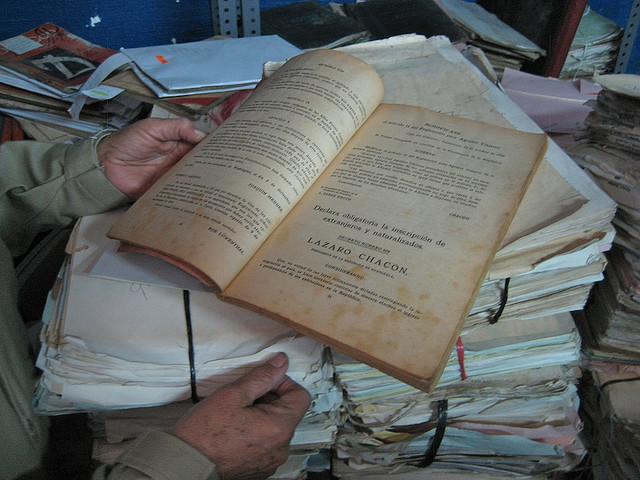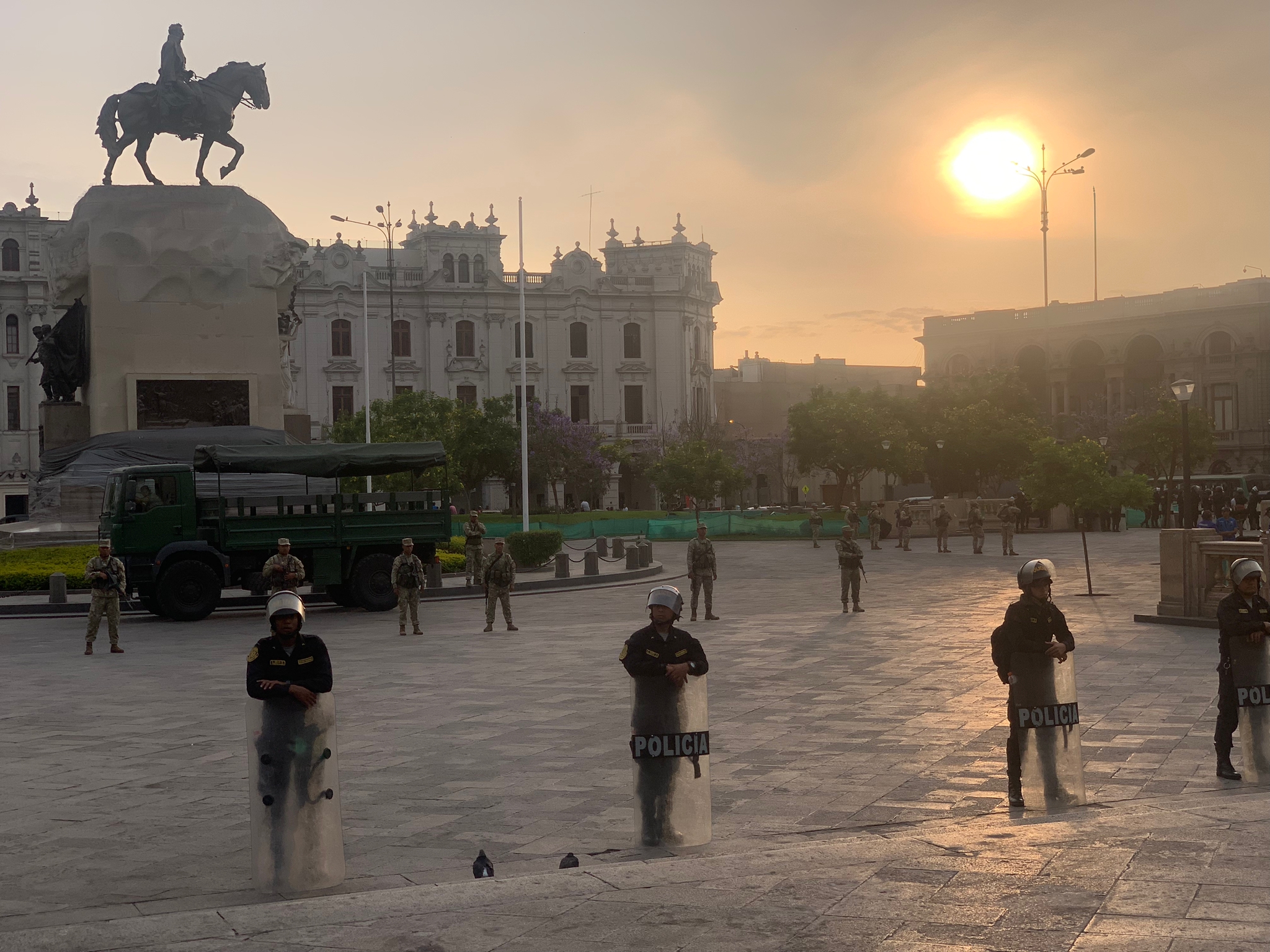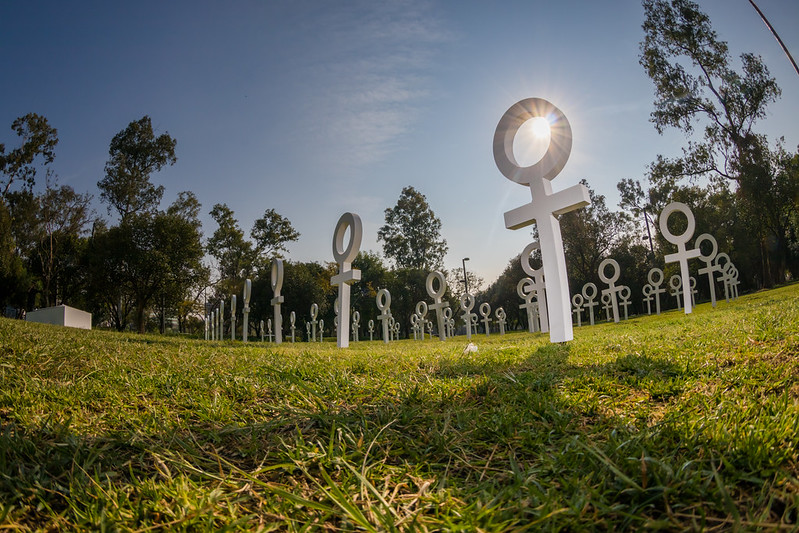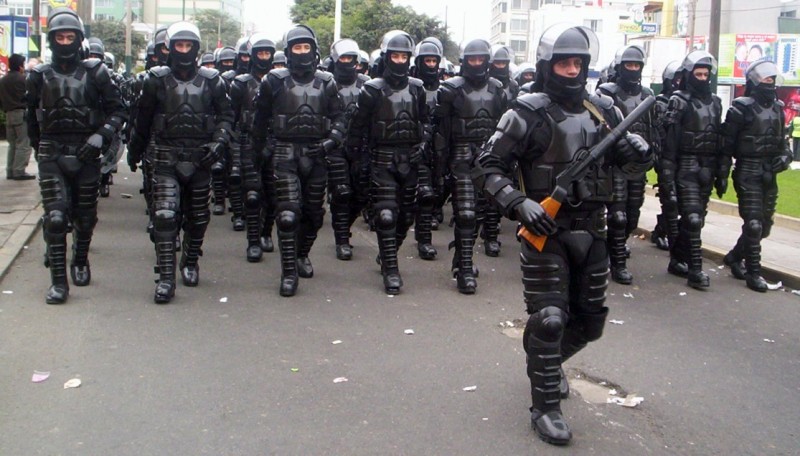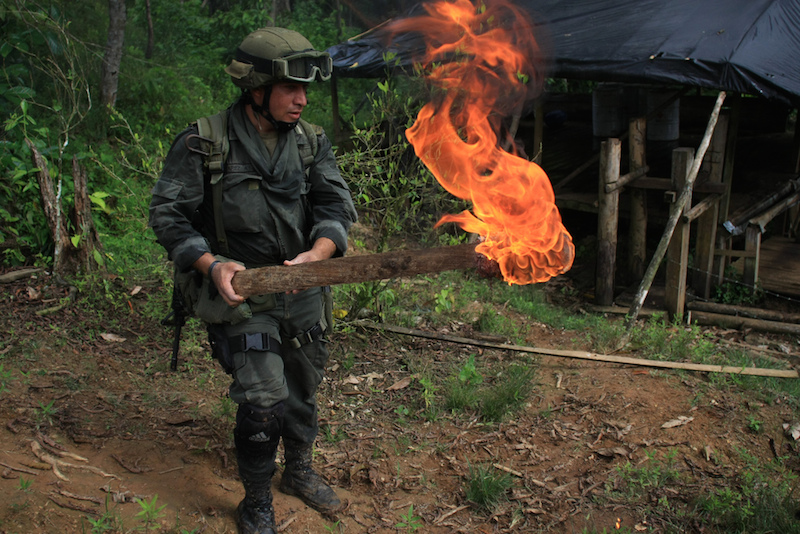
Andes, Colombia, Latin America: Week in Review
Report: Colombian Coca Cultivation Increased in 2014 After 6 Years in Decline
May 5, 2015 By Staff
Top Story — The rate of coca cultivation for cocaine production has increased in Colombia for the first time in seven years, according to a new White House report that the U.S. Drug Czar’s office partially released on Monday, a fact that some are saying could bolster support for an increasingly controversial U.S. aerial fumigation program aimed at eradicating the illicit plant.
The news comes as opposition for the U.S. eradication program, which has been the lynchpin of U.S.-funded anti-drug efforts in Colombia, grows. In March, a study by an agency of the World Health Organization found that a chemical used in the fumigation program may cause cancer, which at the time one analyst said was the single biggest risk to date to the program’s future.
The Office of National Drug Control Policy released statistics from the United States’ annual survey of coca cultivation in the Andes, which is done with satellites, after key information was leaked from the report. The agency estimated a 39 percent increase in Colombian coca cultivation from 2013 to 2014, and a 30 percent increase in the country’s estimated potential cocaine production during the same period.
Some, however, have been quick to point out that the increased cultivation rate isn’t necessarily an endorsement of the U.S. aerial eradication program. Adam Isacson, an associate at the Washington Office on Latin America, gives three additional reasons why coca cultivation might be on the rise: the declining profitability of illegal precious-metal mining; the failure to replace the aerial spraying with different eradication strategies in zones where fumigation isn’t possible or permitted; or the fact that all coca eradication efforts have generally since 2012.
Colombian daily El Tiempo also noted Monday that the United Nations, which works with Colombia’s National Police to develop a different annual report on coca cultivation in the country, found that the plant’s growth only increased by 20 percent in 2014.
Headlines from the Western Hemisphere
North America
- A rocket-propelled grenade was used to shoot down a Mexican military helicopter over the state of Jalisco on Friday, an official announced on Monday, marking the first time suspected criminals have used such a weapon to force down an aircraft of the security forces.
- That helicopter was likely shot down by the Jalisco New Generation Cartel, which is feuding with the Zetas in Veracruz, where six dead bodies were found by the authorities on Monday.
Caribbean
- Calls for a repeal of the United States’ embargo on Cuba are growing, coming from figures such as Alan Gross, a former prisoner of the Cuban government, and pro-business Republican legislators, whose party has traditionally supported the embargo.
- A Cuban dissident group that tracks political arrests announced that while arrest figures declined in April, violence by state police has spiked, notably against the opposition group Ladies in White.
Central America
- New York City’s ex-Mayor Rudy Giuliani is in El Salvador as a paid consultant on security matters, and said Monday that the country’s two biggest gangs should be “annihilated” to solve rising crime, apparently voicing his support for the government’s January announcement that security forces should use lethal force on gang members.
- Manuel Noriega, the former dictator of Panama who was deposed by a U.S. invasion in 1989, will face trial later this month for the 1970 disappearance of a left-wing union activist, his lawyer said, the latest case which may compound Noriega’s accumulated 60-year prison sentence.
Andes
- The member of an indigenous tribe in Peru was shot and killed with an arrow after members of the reclusive Mashco Piro tribe invaded his village, prompting the Peruvian government to open an inquiry into the murder.
- Colombians on Monday were stunned when news broke that a signed, first-edition copy of One Hundred Years of Solitude by Gabriel García Márquez was stolen — despite being under lock and key — during the renowned International Book Fair in Bogotá, which this year celebrated the late, Nobel Prize-winning author.
Southern Cone
- Brazilian authorities on Monday confirmed reports by Época magazine that federal prosecutors are considering opening an investigation into former President Luiz Inácio Lula da Silva for influence-peddling over his ties with the construction firm Odebrecht.
- Brazilian police officers released percussion grenades after a riot broke out between soccer fans in Castelão stadium following a match between Ceará and Fortaleza.
- Lawyers representing Chile in the International Court of Justice have requested that Bolivia’s claim to a strip of costal land be rejected, arguing that the dispute was settled over 100 years ago in a 1904 peace treaty.

